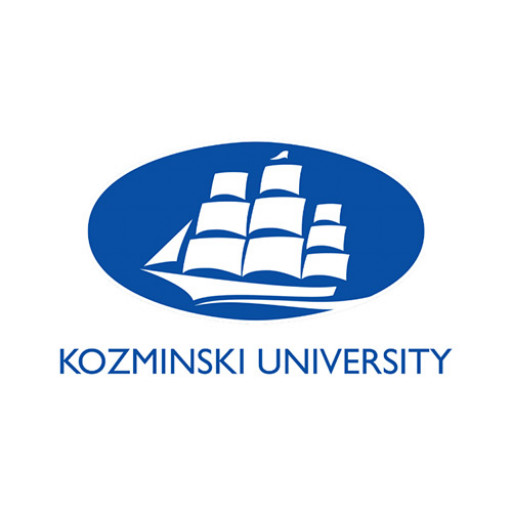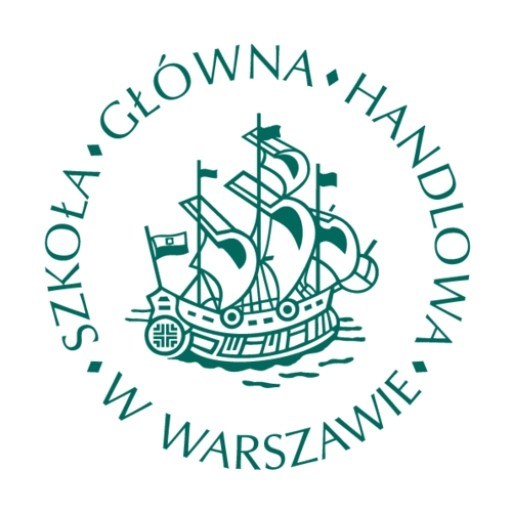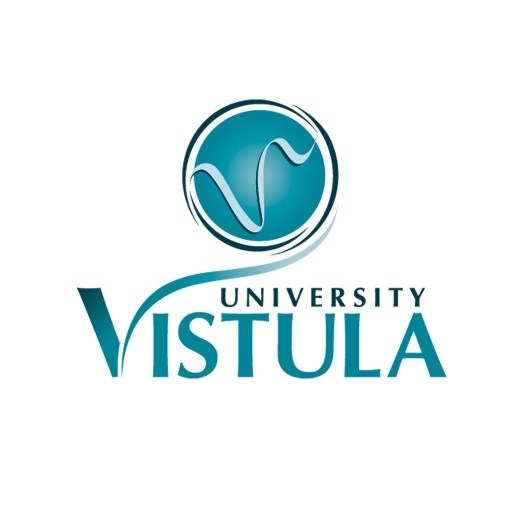Finance at Poznan University of Economics and Business is a comprehensive and dynamic programme designed to equip students with the essential knowledge, skills, and competencies required to thrive in the rapidly changing world of finance. The programme provides a solid foundation in core financial theories, quantitative methods, and practical applications, ensuring graduates are well-prepared for careers in banking, investment, corporate finance, risk management, and financial consultancy. Throughout the course, students explore key topics such as financial analysis, investment strategies, financial markets and institutions, international finance, and financial regulation, gaining a deep understanding of both domestic and global financial systems. The curriculum emphasizes critical thinking, problem-solving, and decision-making skills, reinforced through case studies, projects, and internships designed to simulate real-world financial environments. Students also have the opportunity to develop proficiency in financial software and analytics tools widely used across the industry. The programme is taught by experienced academic staff with professional backgrounds in finance, ensuring a blend of theoretical knowledge and practical insights. Additionally, the programme encourages international mobility and offers Erasmus+ exchanges, broadening students' perspectives on global finance. Graduates of the Finance programme from Poznan University of Economics and Business are prepared for employment in diverse sectors, including financial services, corporate sector, public administration, and non-profit organizations. They also acquire a strong foundation for pursuing advanced degrees or professional certifications such as CFA or ACCA. With a focus on innovation, ethics, and sustainability, the programme aims to develop responsible financial professionals capable of making well-informed decisions that contribute to economic development and social welfare.
The Finance degree program at the Poznan University of Economics and Business offers a comprehensive curriculum designed to equip students with a solid foundation in financial theory, quantitative methods, and practical skills essential for a successful career in the financial sector. Throughout the program, students explore various aspects of finance, including corporate finance, investment analysis, financial markets, banking, and risk management. Emphasizing both theoretical knowledge and practical application, the program integrates case studies, internships, and projects that allow students to analyze real-world financial issues and develop critical decision-making skills.
Students will gain proficiency in financial mathematics, econometrics, and statistical analysis, enabling them to interpret complex financial data and model financial scenarios accurately. The program also covers the legal and regulatory environment of finance, ensuring that graduates understand compliance and ethical standards governing financial institutions and markets. As part of their studies, students participate in workshops and seminars led by industry professionals, gaining insights into current trends and innovations in the financial world.
The curriculum is structured to provide a blend of foundational courses in economics, accounting, and management, alongside specialized classes in financial planning, investment strategies, and international finance. This multidisciplinary approach prepares graduates not only to work in banks, investment funds, and insurance companies but also to pursue entrepreneurial ventures or postgraduate studies.
Moreover, the program emphasizes language skills and international cooperation, offering opportunities for exchange programs and internships abroad, which broaden students' perspectives and enhance their employability. Graduates of the Finance program at Poznan University of Economics and Business are well-prepared to meet the demands of the dynamic financial environment and to contribute effectively to the organizations they serve.
• signed application form; • High School Diploma (legalized copy in English or Polish, adjusted apostille, i.e. sealed and signed by a Polish consul); • first degree termination diploma legalized or adjusted apostille; • verified extract from student's registration book, including list of examination and credits or supplement for diploma; • Certificate of English language skills; • entrance medical record; • proof of medical suport; • copy of passport; • copy of visa; • confirmation of admission and tuition fee payment.
Program financing at the Poznan University of Economics and Business is primarily supported through a combination of tuition fees paid by students, governmental funding, and European Union grants aimed at fostering higher education and research development. Tuition fees are set according to the university's regulations and vary depending on the student’s nationality, the level of study, and the specific program. For international students enrolled in full-time degree programmes, the fees help cover administrative costs, academic resources, lecturers, and infrastructure maintenance. Polish students often benefit from subsidized education funded by state resources, although some programmes may involve partial payments.
In addition to tuition fees, the university receives financial support from the Polish Ministry of Education and Science, which allocates funding based on the number of enrolled students, quality of research, and strategic development plans. This governmental support ensures the continuation and enhancement of the academic quality and infrastructure. The university actively participates in European Union programmes such as Erasmus+, which offers students and staff opportunities for exchange, joint projects, and collaborative research. These projects often include budget allocations for mobility, research grants, and development activities, thereby infusing additional resources into the university’s finances.
Research funding is also obtained through competitive grants from national and international agencies. Faculty members often pursue research projects that attract dedicated funding, which in turn benefits students through improved teaching, seminars, and research opportunities. Additionally, the university collaborates with the business sector and industry partners through various sponsored projects, internships, and consultancy activities, generating supplementary income that supports educational and research initiatives.
The university’s financial management is overseen by dedicated administrative units that ensure compliance with regulations, effective allocation of resources, and strategic planning. Special initiatives, such as scholarship programs for outstanding students or financial aid for those with financial difficulties, are funded through internal resources or external grants aimed at promoting access and equality in education. The overall financing structure of the programme ensures sustainability, continuous quality improvement, and the ability to adapt to changing economic conditions.
The Master's degree program in Finance at the Poznan University of Economics and Business is designed to provide students with a comprehensive understanding of financial systems, analytical tools, and managerial techniques necessary for careers in finance and related fields. This program aims to develop both practical skills and theoretical knowledge, enabling graduates to operate effectively in dynamic economic environments. The curriculum includes core courses such as Corporate Finance, Investment and Portfolio Management, Financial Markets and Institutions, Risk Management, and Financial Modelling. Students also have the opportunity to choose specialised electives that align with their career interests, including Banking, International Finance, and Financial Analysis. The program emphasizes the application of quantitative methods, accounting, and economic theory, fostering critical thinking and problem-solving skills.
Students benefit from a combination of lectures, seminars, case studies, and project work, often involving real-world financial data to ensure practical relevance. The program also encourages engagement with the financial industry through internships, guest lectures by industry experts, and participation in finance competitions. The faculty members are experienced academics and practitioners, providing insights grounded in both research and practical application. Graduates of this program are well-prepared for employment in financial institutions, consulting firms, corporate finance departments, and governmental agencies. The program also serves as a strong foundation for those considering doctoral studies or careers in academia. Overall, the Master in Finance at Poznan University of Economics and Business offers an intensive educational experience that combines theoretical rigor with practical application, preparing students for successful careers in the global financial sector.








